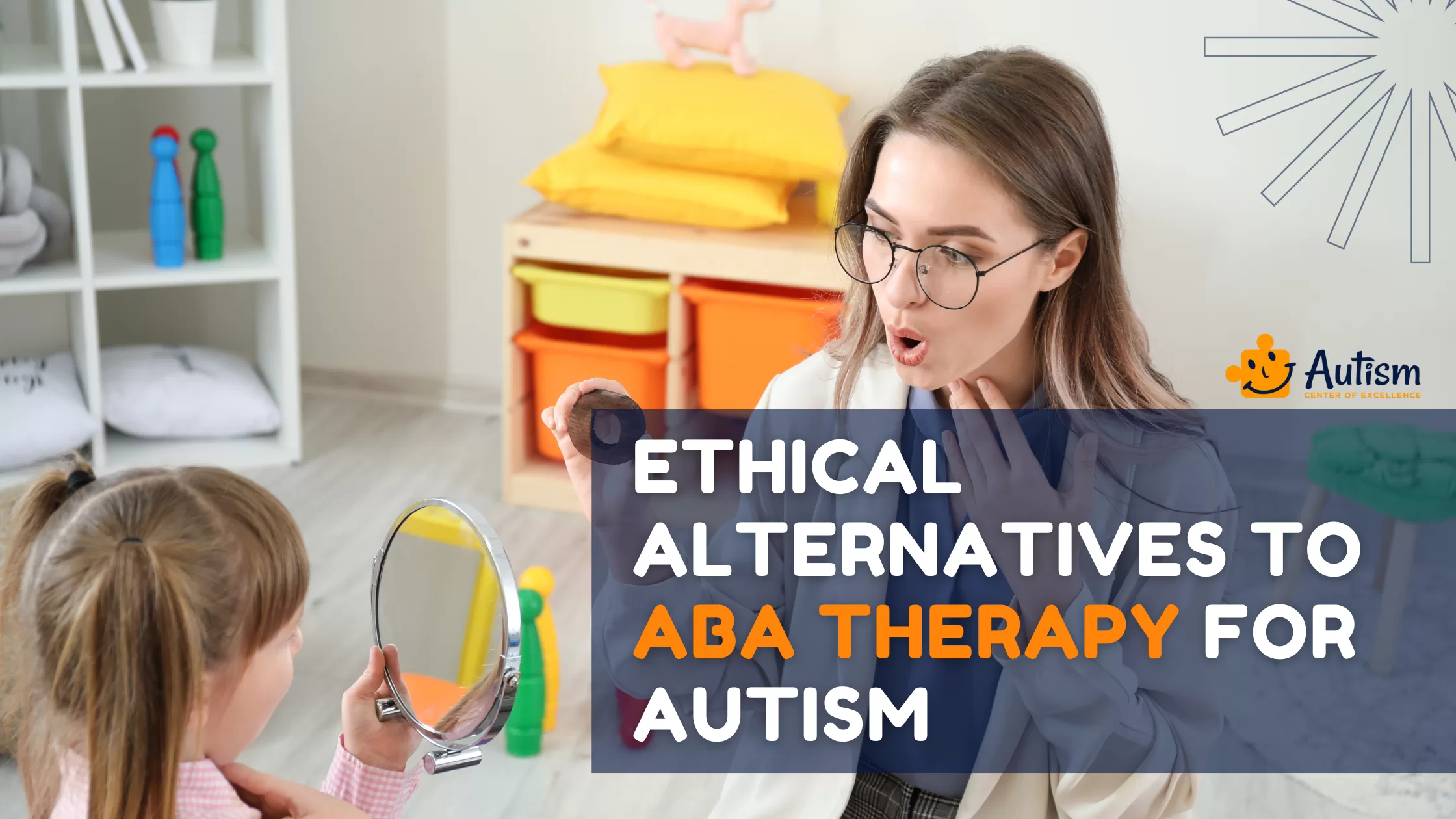Applied Behavior Analysis (ABA) therapy has long been a common treatment for individuals with autism spectrum disorder (ASD), focusing on behavior modification through reinforcement techniques. While effective for some, concerns about the ethical implications and the emotional impact of ABA have led to a growing demand for alternatives. AutismCOE recognizes this need and offers a range of comprehensive services, including ABA Therapy, Early Intervention, School Readiness Programs, Speech Therapy, and Occupational Therapy. This article explores 11 ethical alternatives to ABA therapy that prioritize individual needs and emotional well-being.
Understanding ABA and Its Limitations
Applied Behavior Analysis (ABA) therapy is a widely recognized approach for supporting children with autism. It primarily focuses on modifying behavior through structured routines and reinforcement techniques. While ABA therapy has shown effectiveness for some, it may not address the underlying needs and preferences of every child. This has led to growing concerns among parents and caregivers about its ethical implications and the potential impact on a child’s autonomy and individuality.
One of the main criticisms of ABA therapy is that it often emphasizes compliance and behavior modification over understanding the child’s unique experiences and emotional needs. This approach can sometimes overlook the importance of fostering genuine connections and respecting the child’s individuality. As a result, some children may not respond well to ABA therapy, particularly those who thrive in more holistic and relationship-based environments.
Understanding the limitations of ABA therapy is crucial for parents and caregivers who are exploring alternatives. By recognizing that ABA may not be suitable for all children with autism, families can seek out therapies that prioritize emotional well-being, social connections, and personalized support. This awareness empowers parents to make informed decisions that align with their child’s unique needs and preferences.
The Need for Alternative Approaches
The need for alternative approaches to ABA therapy stems from the understanding that every child with autism is unique and requires a personalized approach to support their development. Alternative therapies, such as relationship-based and communication-based approaches, offer a more holistic and effective way of addressing the diverse needs of children with autism.
These alternative therapies focus on building strong relationships, Enhancing Communication skills, and addressing sensory and emotional needs. For instance, relationship-based therapies prioritize emotional connections and social engagement, helping children develop meaningful interactions with others. Communication-based therapies, on the other hand, aim to improve both verbal and non-verbal communication, fostering a child’s ability to express themselves and understand others.
By considering these alternative approaches, parents and caregivers can find therapies that better align with their child’s individual needs and preferences. This personalized support can significantly enhance a child’s overall well-being and development, helping them reach their full potential. The drive for alternative approaches is rooted in the desire to provide the best possible support for children with autism, ensuring they receive compassionate and effective care.
#1. Natural Language Acquisition
Natural Language Acquisition (NLA) focuses on fostering communication skills by creating natural, meaningful interactions. Rather than using prompts or rewards, NLA encourages spontaneous speech in a relaxed setting. This approach not only enhances communication skills but also nurtures a child’s ability to engage with others. For families seeking alternatives to ABA therapy, especially those with an autistic child, NLA serves as a valuable option. It addresses the unique experiences and emotional needs that ABA therapy may overlook, providing a more tailored and supportive environment.
#2. Relationship Development Intervention (RDI)
RDI is centered on building social connections and emotional growth. This approach emphasizes guiding autistic children through experiences that promote relationships, allowing them to develop social skills in a natural context. RDI’s focus on emotional understanding makes it a strong alternative to applied behavior analysis for autism, fostering deeper connections with peers and family.
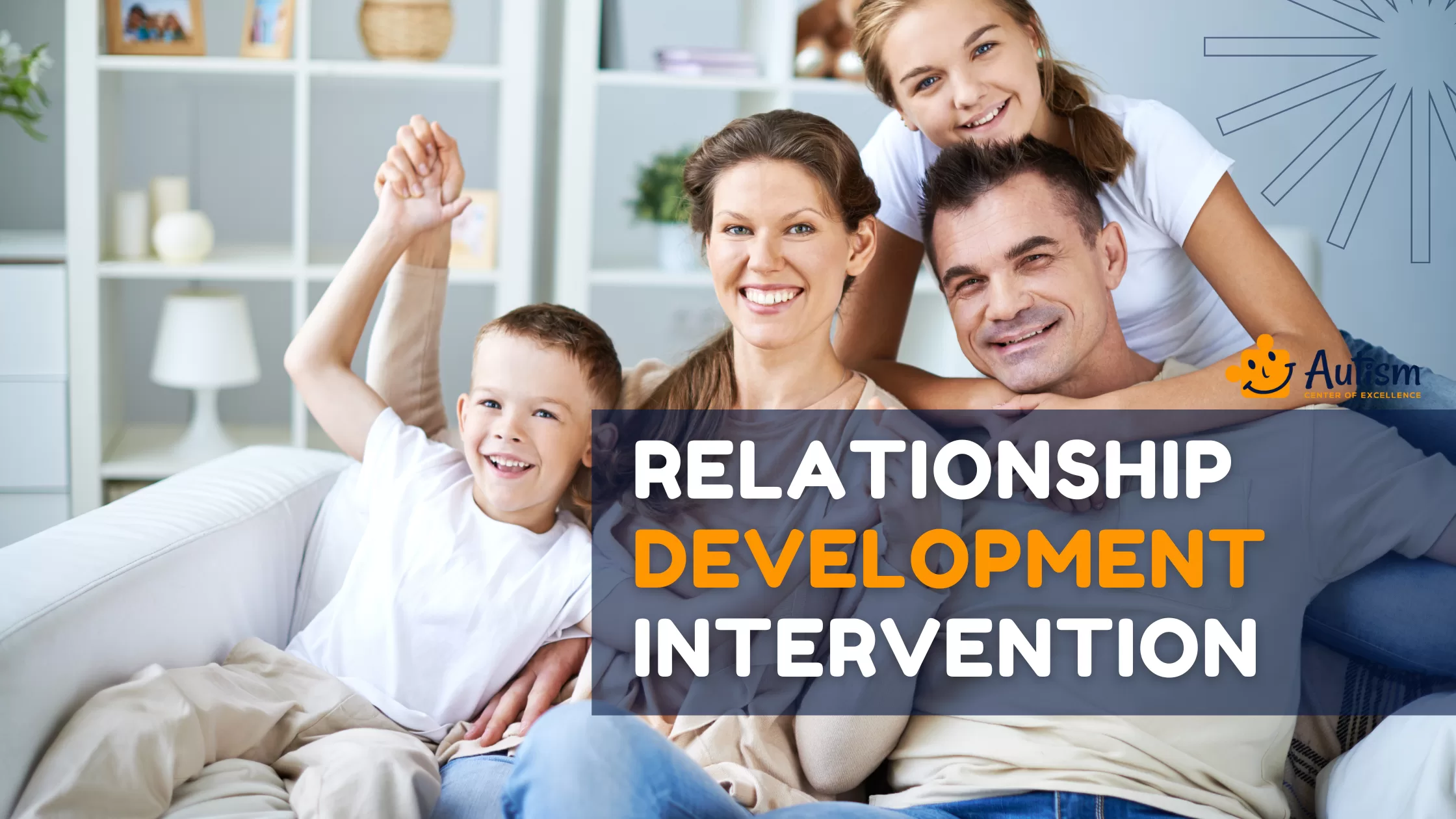
#3. Social Skills Training
Structured social skills programs provide a framework for children to practice and refine their social and communication skills with peers. Through group settings, children can learn the nuances of social engagement, such as taking turns and sharing, which are essential for building friendships. This non-ABA therapy for autism offers a supportive environment for developing vital social competencies.

#4. Floortime/DIR Model
The Floortime approach, or Developmental, Individual-difference, Relationship-based (DIR) model, emphasizes child-led play and the development of social and emotional skills through emotional engagement. Practitioners follow the child’s lead in play, promoting emotional connections and cognitive development. As an alternative to ABA therapy for autism, Floortime nurtures creativity and self-expression, fostering a joyful learning environment.
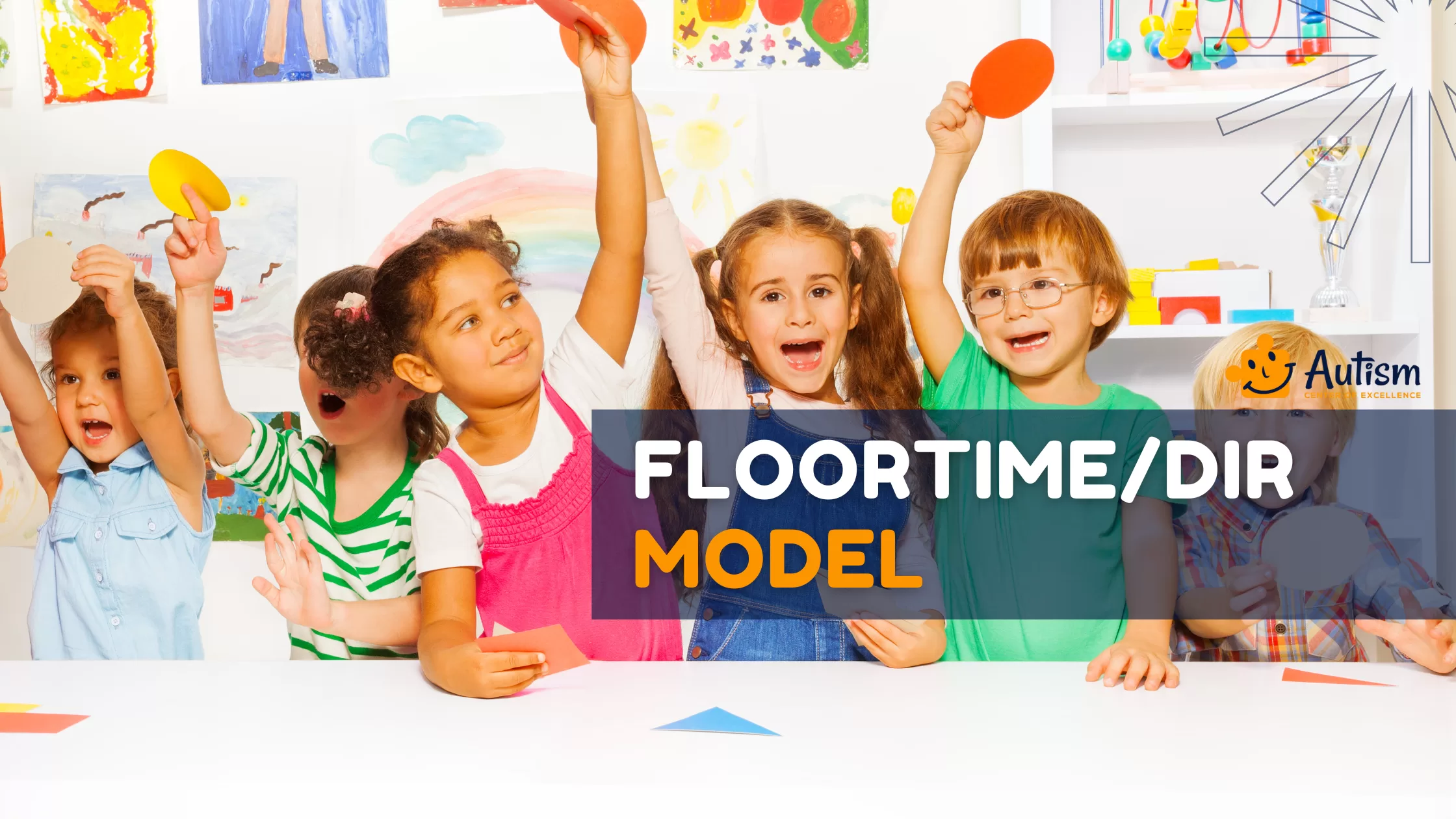
#5. Speech and Language Therapy
Speech therapists play a crucial role in supporting children with autism to improve their communication abilities and emotional skills. Utilizing tailored techniques that focus on both verbal and non-verbal communication, these therapies enhance expressive and receptive language skills. AutismCOE’s Speech Therapy services exemplify effective ABA therapy alternatives that prioritize holistic communication development.
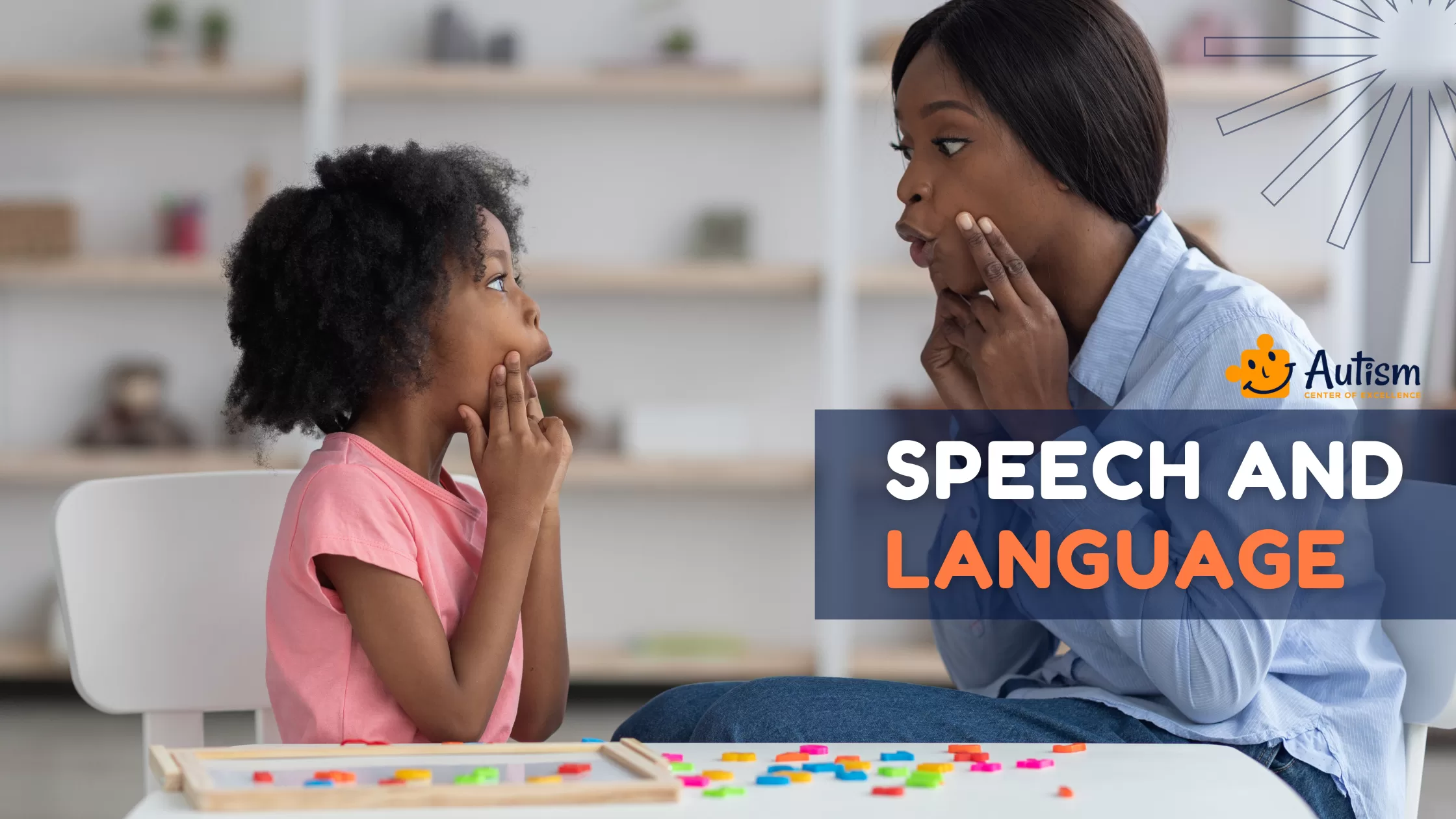
#6. Sensory Integration Therapy
Sensory Integration Therapy, a form of relationship-based therapy, addresses the sensory processing challenges many children with autism face. This therapy helps children develop coping strategies for sensory overload, promoting a more comfortable interaction with their environment. By focusing on sensory needs, this approach serves as an ethical alternative to ABA, fostering well-being and comfort.
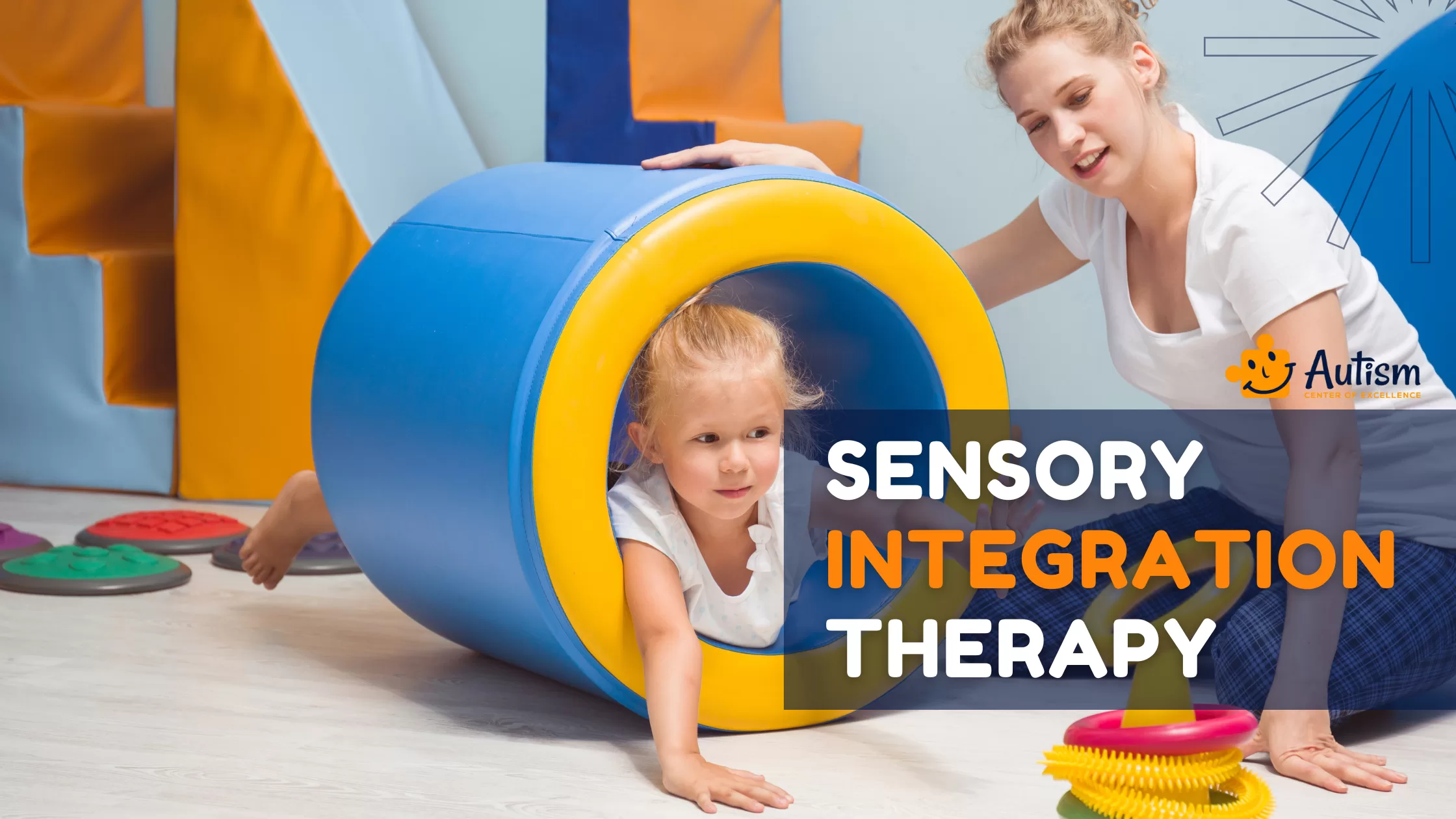
#7. Parent-Mediated Interventions
Parent-mediated interventions, including therapy relationship development intervention, empower families by training parents to support their children’s development. These programs encourage active family involvement, providing strategies to enhance communication and social skills at home. AutismCOE’s Specialized Parent Training exemplifies the benefits of involving families, making it a strong alternative to ABA therapy.
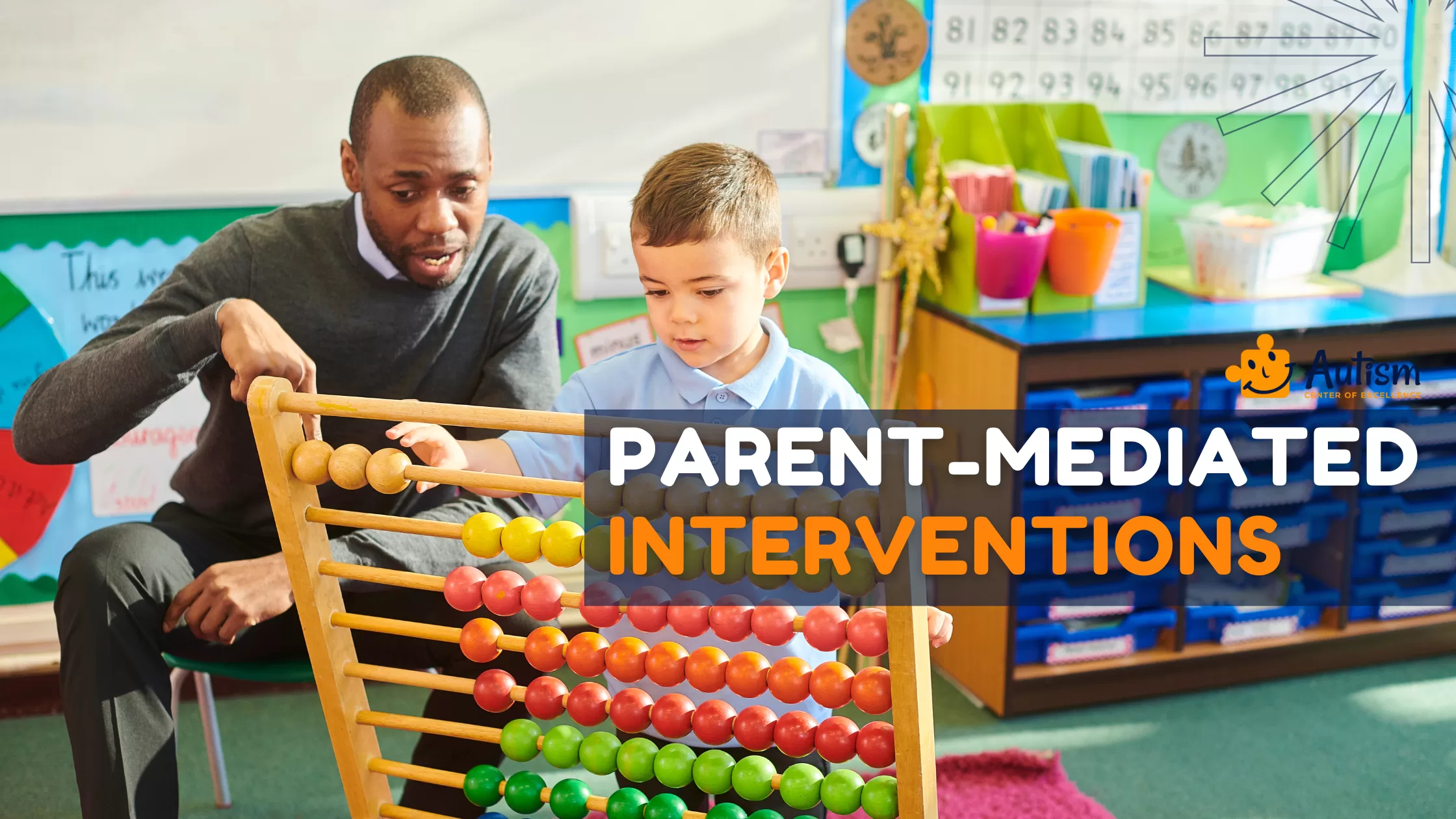
#8. Mindfulness and Relaxation Techniques
Mindfulness practices tailored for children with autism can significantly enhance emotional regulation and stress reduction. Techniques such as breathing exercises and meditation promote calmness and focus, helping children manage anxiety. These ethical alternatives to ABA encourage a sense of inner peace and self-awareness.
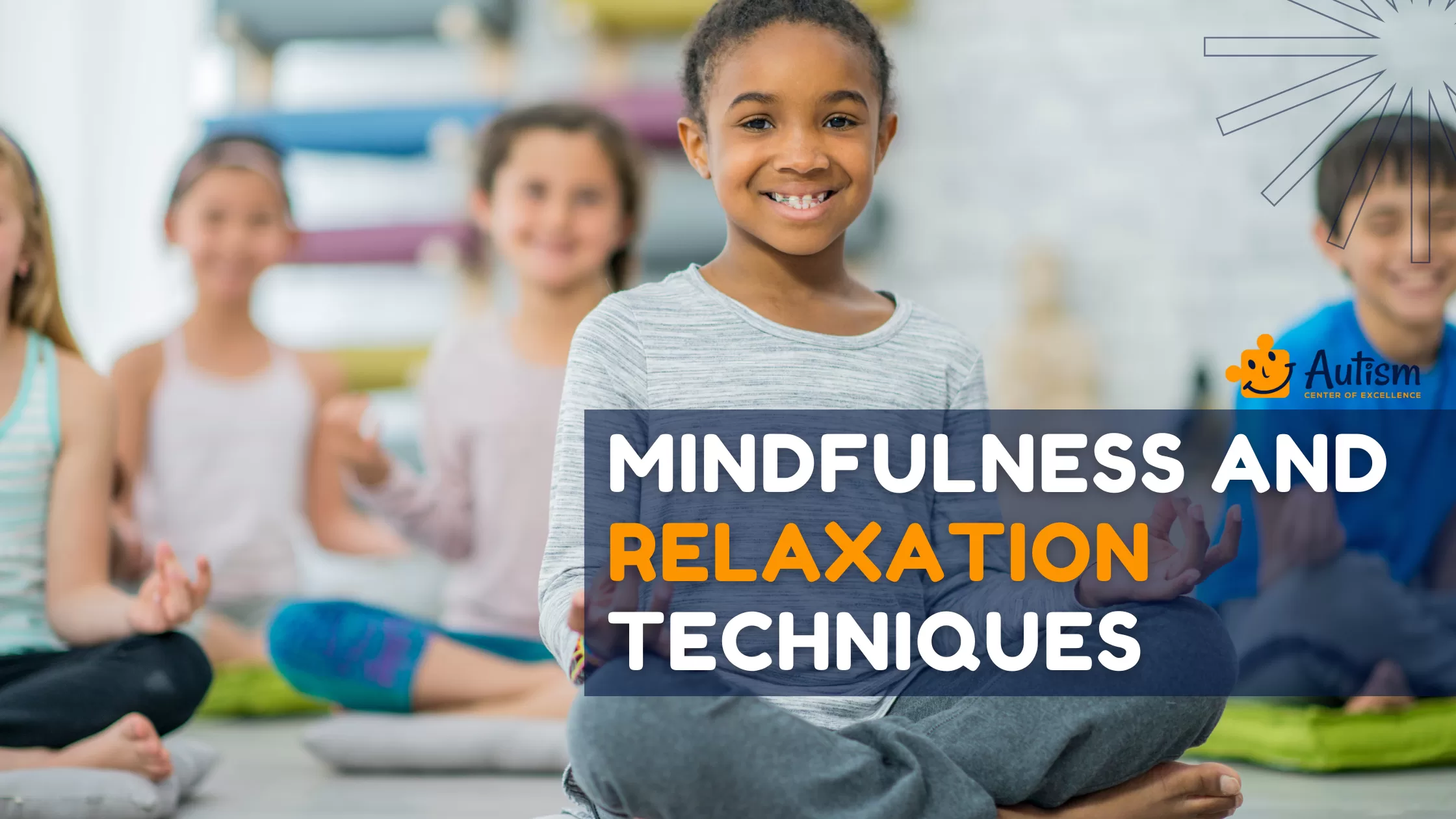
#9. Music and Art Therapy
Creative therapies, including music and art therapy, offer unique avenues for self-expression and communication. Engaging in artistic activities allows children to explore their emotions and thoughts in a non-verbal way, enhancing their ability to express themselves. This approach is a powerful alternative to ABA therapy, fostering creativity and connection.
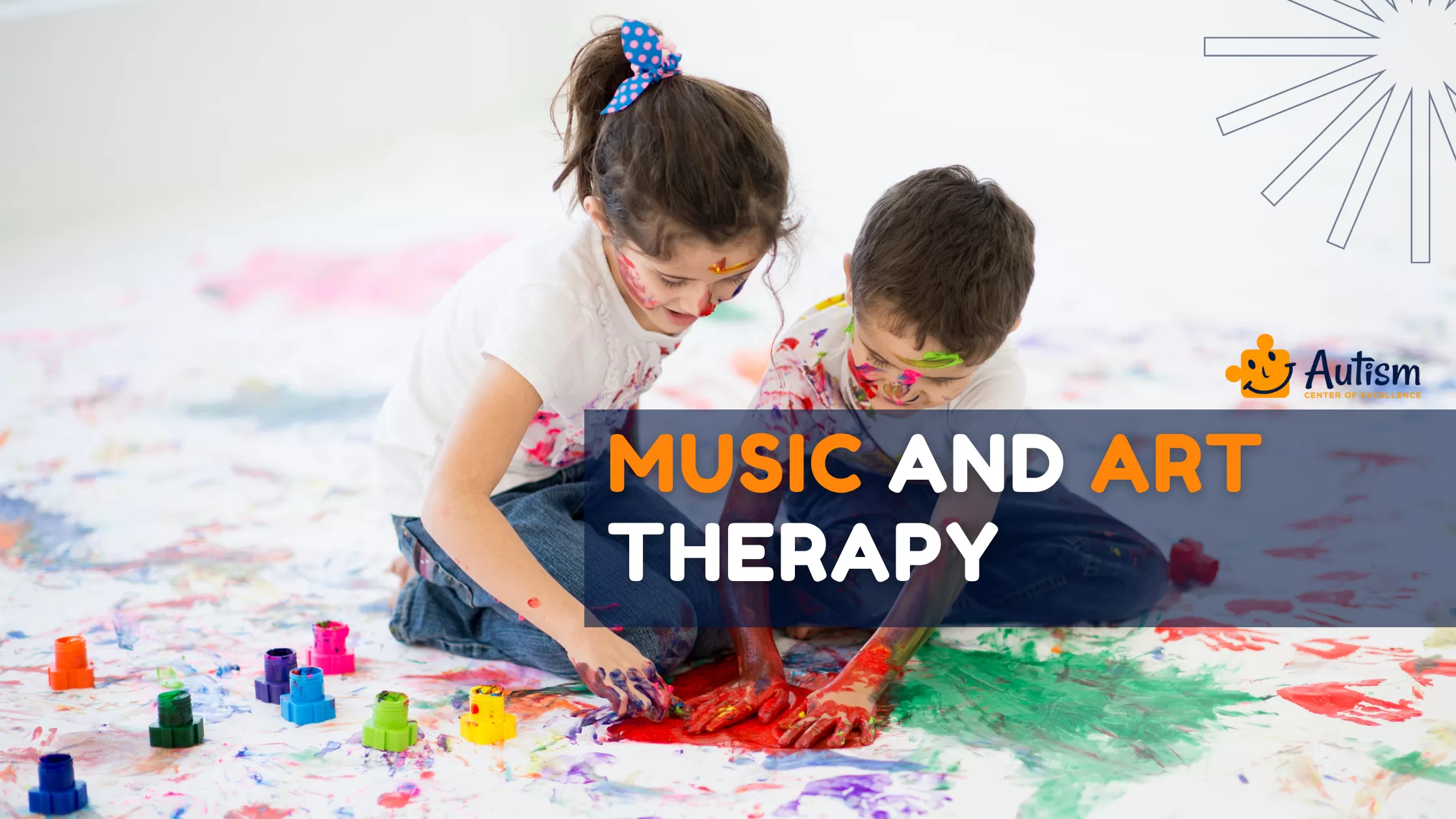
#10. Cognitive Behavioral Therapy (CBT)
Cognitive Behavioral Therapy (CBT) is effective for managing anxiety and behavioral issues in children with autism. By addressing negative thought patterns and teaching coping strategies, CBT empowers children to navigate their emotions and behaviors. As an alternative to ABA, CBT emphasizes mental health and emotional resilience.
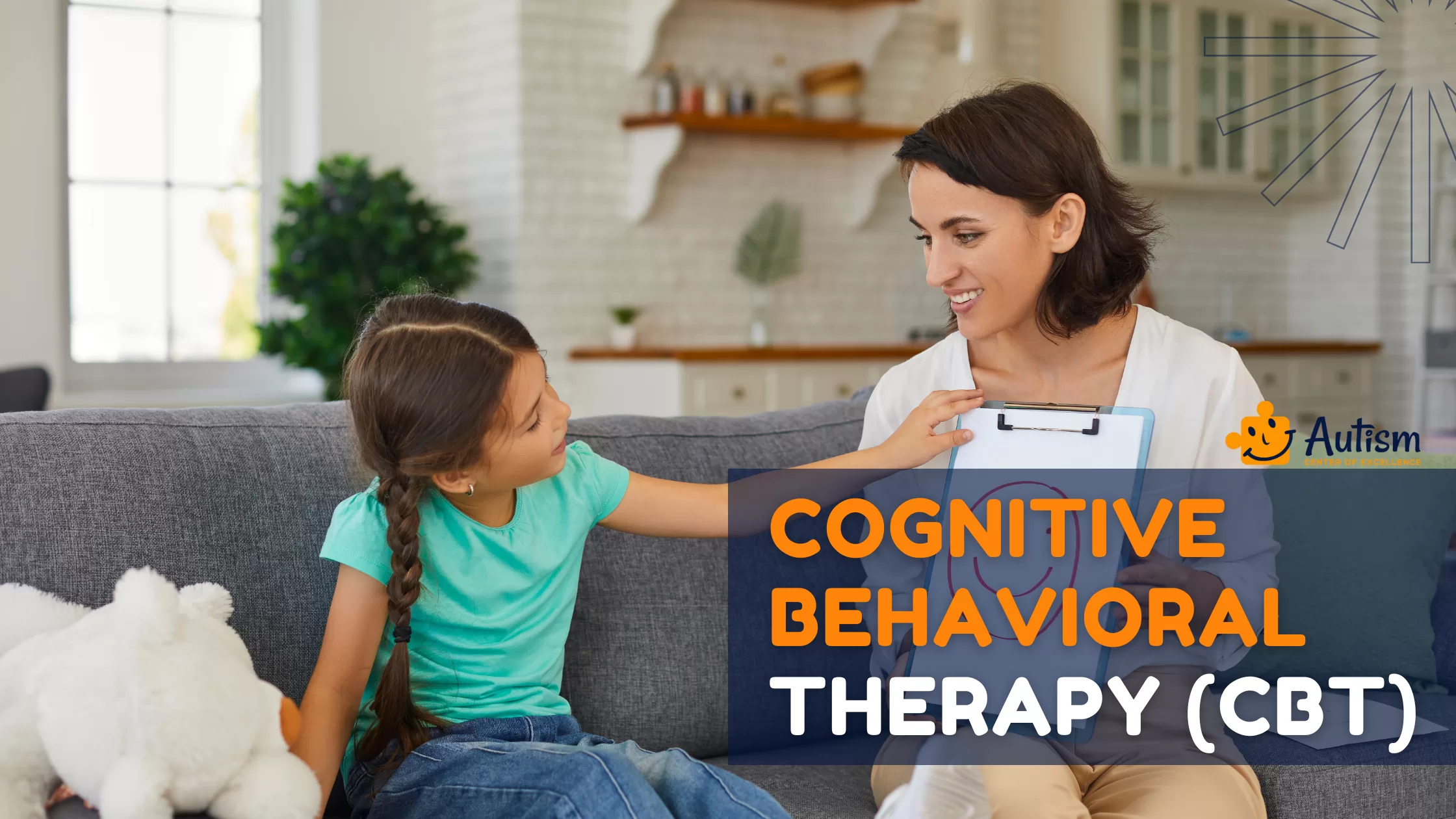
#11. Holistic Approaches
Integrative therapies, such as yoga and acupuncture, focus on overall well-being and cater to individual needs. These holistic approaches recognize the unique aspects of each child, promoting balance and health. As ethical alternatives to ABA therapy for autism, they encourage a comprehensive view of well-being.
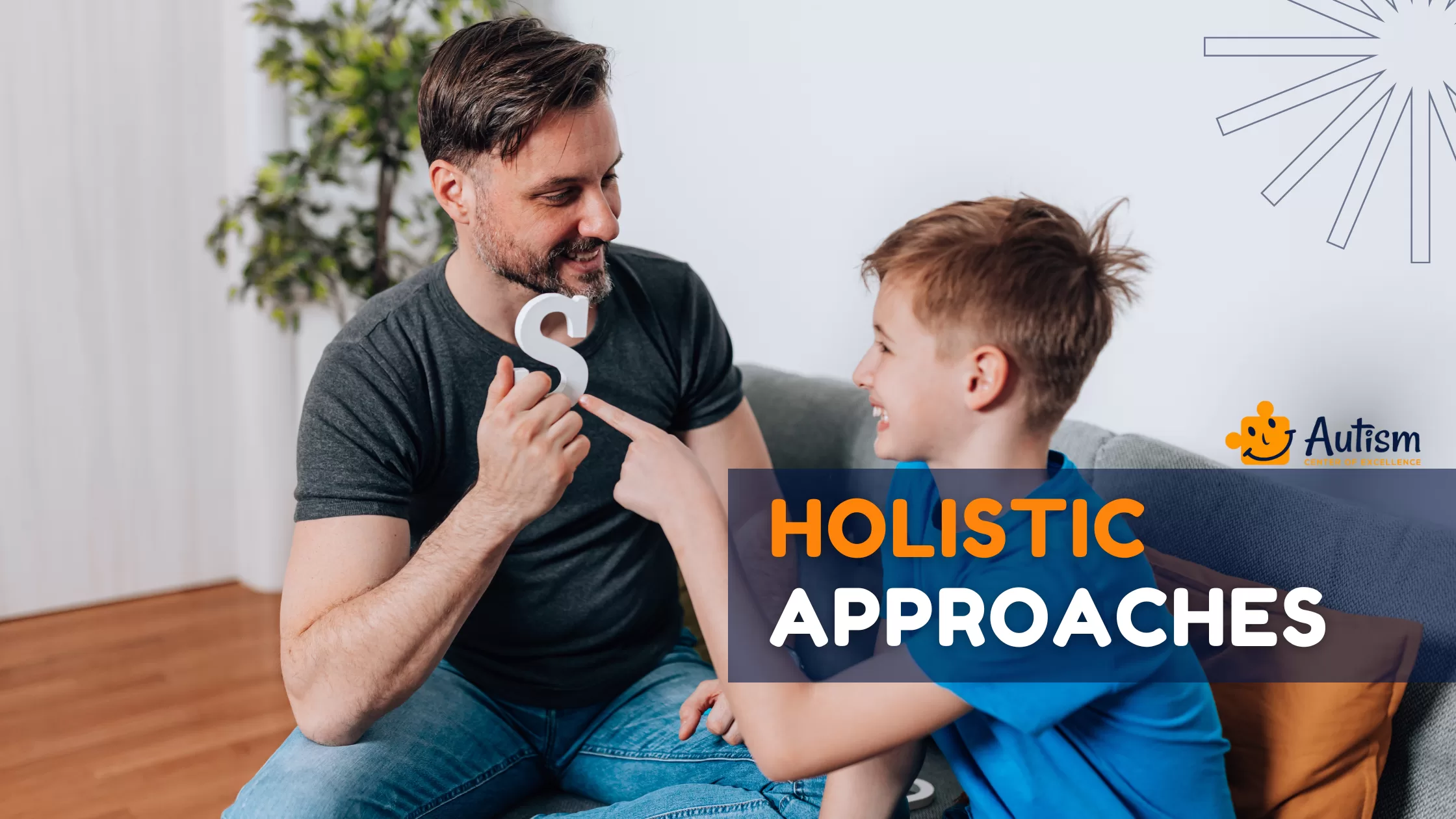
Finding the Right Combination
Finding the right combination of therapies and approaches is essential for providing comprehensive support to children with autism. A well-rounded approach that integrates relationship-based, communication-based, and sensory-based therapies can offer a holistic and effective way of addressing the diverse needs of these children.
Occupational therapy, speech therapy, and play therapy are key components that can be used in conjunction with alternative approaches. Occupational therapy focuses on developing fine motor skills and daily living activities, while speech therapy enhances communication abilities. Play therapy, on the other hand, uses play as a medium to promote cognitive development and emotional expression.
Parents and caregivers should collaborate with experts, such as doctors and therapists, to determine the best combination of therapies for their child. This collaborative effort ensures that the chosen therapies are tailored to the child’s unique needs and goals. By finding the right combination, families can provide their child with the best possible support, helping them achieve their aspirations and thrive in their daily lives.
Join Our Weekly Newsletters!
Subscribe now to stay updated with our latest email updates.
Frequently Asked Questions & Answer
What Are Ethical Alternatives to ABA Therapy for Autism?
Ethical alternatives to ABA therapy include approaches like Play Therapy, Relationship Development Intervention (RDI), and Developmental, Individual Difference, Relationship-based model (DIR/Floortime). These methods emphasize understanding and supporting an individual’s unique developmental needs.
How Do These Alternatives Differ From Traditional ABA Therapy?
Unlike traditional ABA, which focuses on behavior modification through reinforcement, ethical alternatives prioritize emotional and social development. They aim to foster intrinsic motivation and personal growth rather than solely focusing on behavioral outcomes.
What Are the Benefits of Choosing an Alternative Therapy?
Alternative therapies can offer a more holistic approach, often leading to improved emotional well-being and social skills. They respect the child’s autonomy and emphasize the development of meaningful relationships and communication skills.
Are These Alternatives Effective for All Children With Autism?
The effectiveness of any therapy varies from child to child. It’s crucial to consider individual preferences, needs, and responses. Working with a professional to tailor the approach to your child’s specific requirements is often beneficial.
Conclusion
Exploring ethical alternatives to ABA therapy is essential for parents and caregivers seeking to support their children’s unique needs. The diverse options highlighted here, including the services provided by AutismCOE—such as Center-Based and In-Home ABA Therapy, Early Intervention, and more—demonstrate the importance of a holistic approach. By considering a range of alternatives to ABA therapy, families can ensure their children receive compassionate, personalized support.
Please Note: The content of this blog is for informational purposes only and should not be considered a substitute for professional medical advice, diagnosis, or treatment. Consult a qualified healthcare professional for personalized guidance tailored to your specific situation.

Bhavika Bhasin
Bhavika Bhasin is the Research and Marketing officer at AutismCOE. She works with children and adults with ASD. Her clinical research includes evaluating various available autism screening and diagnosis methods and their efficacy. She is currently developing a novel screening exam that is indicated to be more accurate than the existing available exams. She is also writes articles papers for various publications.

A Belief In Every Child’s Potential
Start your child’s individualized program for Autism Spectrum Disorder (ASD) to increase communication, social interaction, safety awareness, and independent living skills while reducing challenging behaviors.

